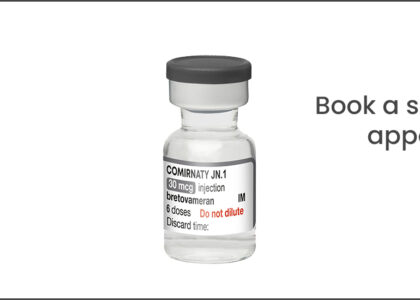In today’s fast-paced lifestyle, it’s easy to overlook the importance of maintaining optimal levels of essential nutrients. One such nutrient that often goes unnoticed is Vitamin D. Known as the “sunshine vitamin,” Vitamin D plays a vital role in our overall health and well-being. In this blog post, we will explore the significance of Vitamin D, the consequences of deficiency, and how you can ensure you’re getting enough of this essential nutrient.
The Role of Vitamin D in the Body
Vitamin D is not just a vitamin; it also acts as a hormone in the body. It plays a crucial role in maintaining healthy bones, regulating immune function, and supporting cardiovascular health. Additionally, Vitamin D is involved in cellular growth and development, as well as the modulation of gene expression.
Sources of Vitamin D
The primary source of Vitamin D is sunlight exposure. When our skin is exposed to sunlight, it synthesizes Vitamin D. However, dietary sources such as fatty fish (salmon, mackerel), fortified dairy products, and egg yolks can also contribute to our Vitamin D intake.
Consequences of Deficiency
Insufficient levels of Vitamin D can lead to a variety of health issues. The most well-known consequence is the weakening of bones, increasing the risk of conditions like osteoporosis and fractures. Vitamin D deficiency has also been linked to compromised immune function, increased susceptibility to infections, and a higher risk of certain chronic diseases, including cardiovascular disease, diabetes, and certain types of cancer.
Who is at Risk of Deficiency?
Certain groups of people are more prone to Vitamin D deficiency. These include individuals who have limited sun exposure, such as those living in northern latitudes, older adults, people with darker skin tones, individuals who wear concealing clothing, and those who have medical conditions that affect Vitamin D absorption or metabolism.
How to Maintain Optimal Levels
a. Sunlight Exposure: Aim for moderate sun exposure by spending time outdoors, preferably during midday when the sun’s rays are the strongest. Be mindful of the recommended sun safety guidelines and adjust the duration based on your skin type and geographical location.
b. Dietary Sources: Incorporate Vitamin D-rich foods into your diet, such as fatty fish, fortified dairy products, and eggs. If needed, consider supplementation under the guidance of a healthcare professional.
c. Regular Check-ups: Consult your healthcare provider for regular check-ups and blood tests to assess your Vitamin D levels. They can provide personalized recommendations based on your specific needs.
Vitamin D deficiency is a widespread issue that can have significant implications for our health. By understanding the importance of this vital nutrient and taking proactive steps to maintain optimal levels, we can support our overall well-being and reduce the risk of associated health complications. Remember, it’s never too late to start prioritising your Vitamin D intake and soaking up the benefits of the sunshine vitamin. Speak to our pharmacist today if you would like further advice!
Note: This blog post is for informational purposes only and should not be considered medical advice. Consult with a healthcare professional for personalized guidance and recommendations regarding your Vitamin D status and supplementation.





